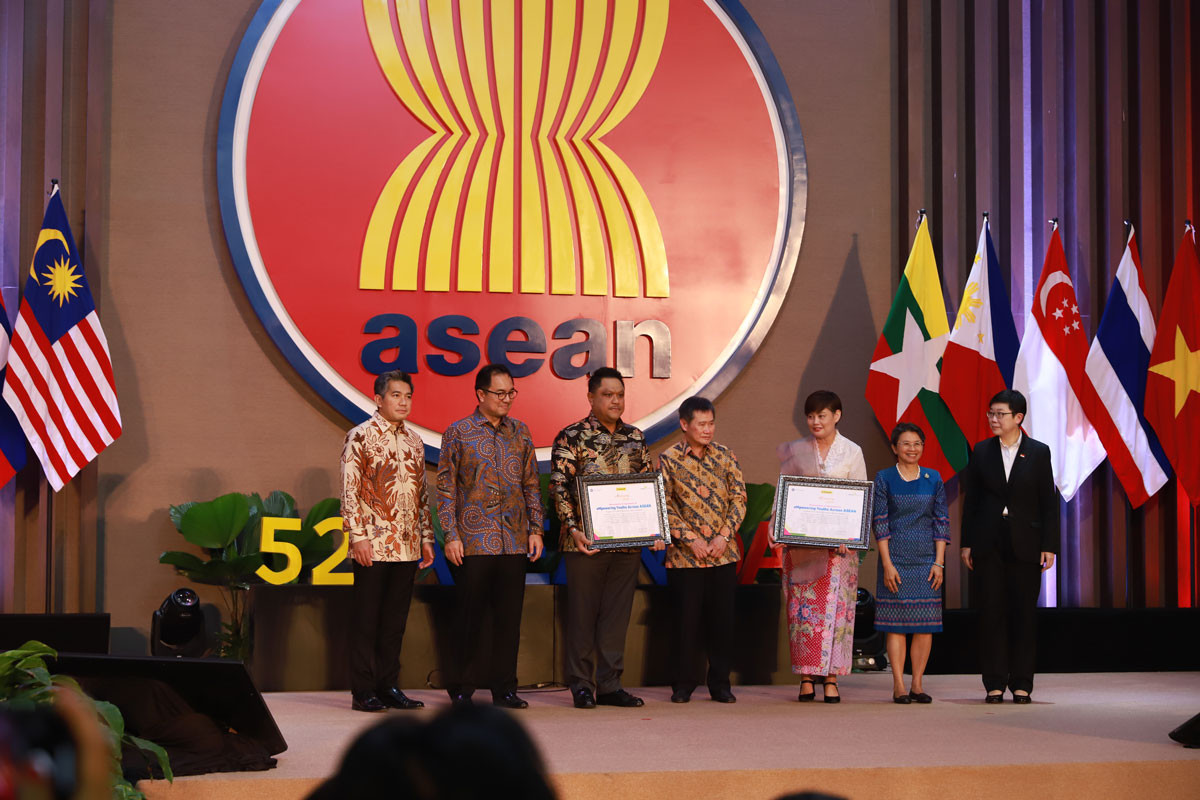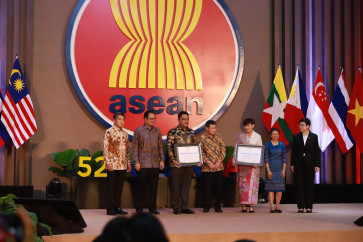Popular Reads
Top Results
Can't find what you're looking for?
View all search resultsPopular Reads
Top Results
Can't find what you're looking for?
View all search resultsCitizen-led deliberation to address ASEAN’s legitimacy crisis
While the Malaysian chairmanship's mediational role in the Thai-Cambodian border conflict did much to lift ASEAN out of the pit of irrelevance it was falling into, the regional grouping needs to take a page out of deliberative democracy to find a participatory pathway toward determining its own as well as the region's future.
Change text size
Gift Premium Articles
to Anyone
I
n a rare moment of effective action, Malaysian Prime Minister Anwar Ibrahim stepped in and managed to save ASEAN's reputation, at least. What Anwar did in mediating the conflict between Thailand and Cambodia is truly praiseworthy, as this move succeeded in unfreezing an institution that had been so motionless, it looked paralyzed and utterly incapable of lessening the tensions.
This invites a big question: What if someone else was chairing ASEAN this year instead of Malaysia? Would other member states have dared to do something? I am afraid that with the exception of Indonesian President Prabowo Subianto, no other leaders would have been capable of or interested in intervening.
This conclusion brings me back to thinking about ASEAN's future. If the regional grouping is unable to solve internal crises, how can it retain international credibility? More crucially, how can ASEAN sustain its already weak credibility with the citizens of its member states? Is it not worrying that the recently launched the ASEAN 45 Vision was met with indifference and irrelevance by the region’s peoples?
But let's not get bogged down by the usual moaning about the seeming aloofness of this institution.
Some years ago, I wrote a concept note for a major United Nations agency in Southeast Asia. It was called “The Agora” or “The Square”, and I have no doubt there could be some better names drawn from the official languages of Southeast Asian nations.
The idea was simple in principle: to involve and engage the region's youths in rethinking the future of regional cooperation and integration. That idea never got even remotely close to being implemented, but I still believe that ASEAN is facing such a crisis of legitimacy that we have a unique opportunity ahead, something that cannot be missed.
When we think of reimagining ASEAN or a potential substitute, the stakes are so high that not only youths should be involved, but also the whole spectrum of society: people from all walks of life, of all ages and professions.



















